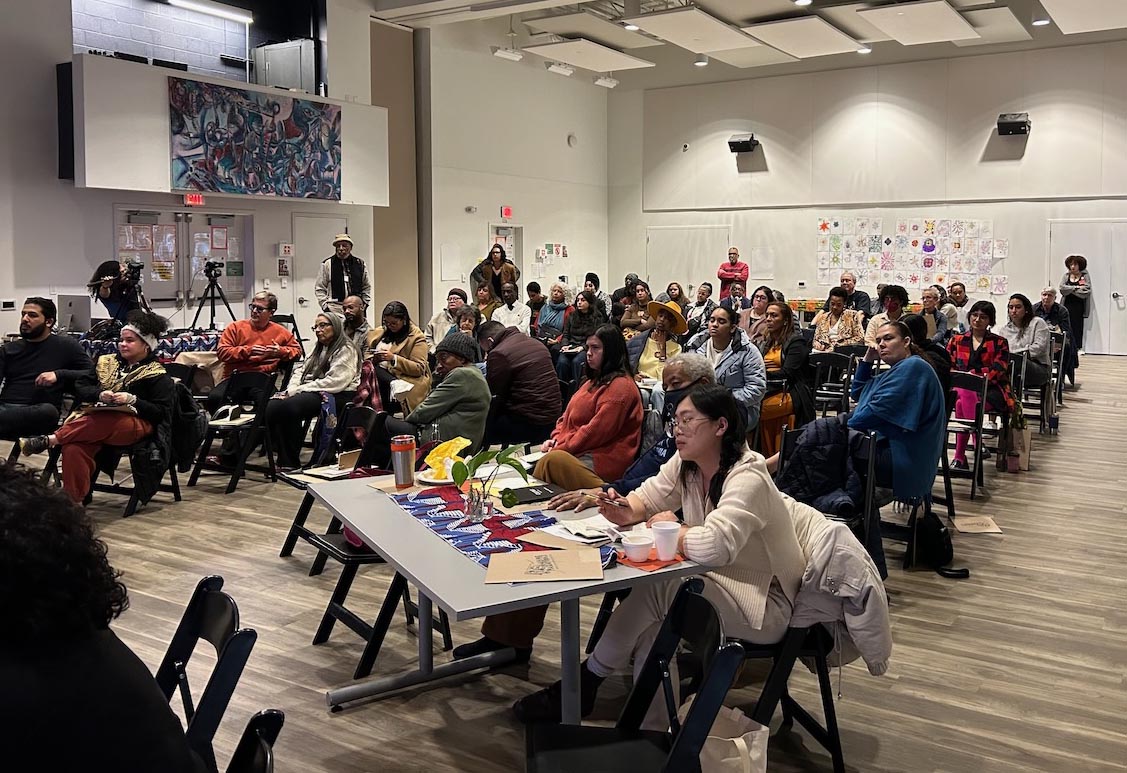
By Constance Garcia-Barrio
Photos courtesy: Erikka Goslin from Taller Puertorriqueno
Afro-Latinos and a number of African Americans filled the auditorium at Taller Puertorriqueno, located at 2600 N. 5th Street, last Saturday for the 28th Arturo A. Schomburg Symposium. This year’s event was titled “Repairing & Reparations: Healing from Racial Wounds.”
The symposium bears the name of Schomburg, (1874-1935), a Puerto Rican of African and German descent, who documented the achievements of Afro-Latin people. He moved to the U.S. in 1891, and took part in the Harlem Renaissance.
The symposium’s longevity has come as a surprise to Afro-Latina activist Evelyne Laurent-Perrault, Ph.D. An assistant professor at the University of California in Santa Barbara, Laurent-Perrault launched the series with a small group of friends almost three decades ago.
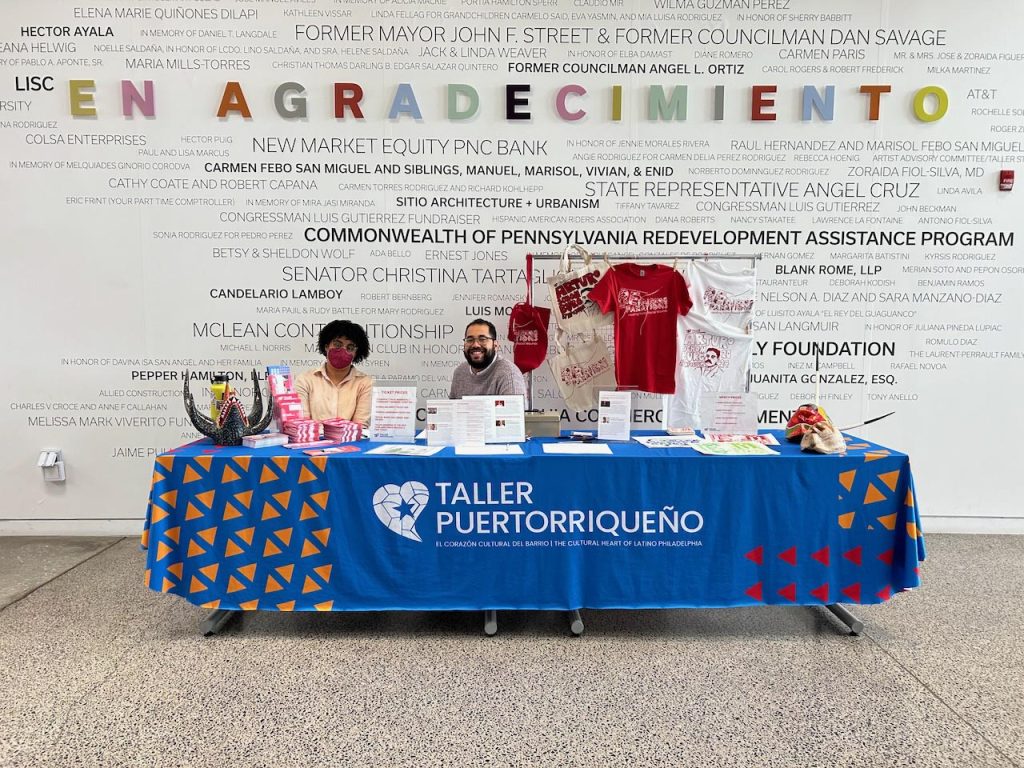
“We didn’t have the least idea that the symposium would go on this long,” she said.
Over the years, the symposiums have explored topics like Afro-Latinos in sports, colorism among Afro-Latinos, and more.
Laurent-Perrault, a program moderator on Saturday, emphasized that slavery has existed in many cultures. Victorious armies often enslaved prisoners of war, she said. However, in the case of the Spain and Portugal, slavery became racialized. Those two countries began equating Blackness with bondage. No nation had made such an association before the 16th or 17th centuries.
Today, racism has become a social disease, Laurent-Perrault said.
Afro-Colombian activist and family therapist Gina Echeverry gave a presentation titled “On the road to freedom: the impact of trauma and the multigenerational resilience of African American families.” Echeverry discussed the effect of slavery across generations and the need to heal from its aftermath.
“Post Traumatic Slave Disorder [PTSS] is now recognized by the American Psychological Association (APA),” Echeverry said. (The APA honored Joy Angela DeGruy, Ph.D for her book, “Post Traumatic Slave Syndrome: America’s Legacy of Enduring Injury and Healing,” )which looks at the intersection of racism, trauma, violence, and American slavery.
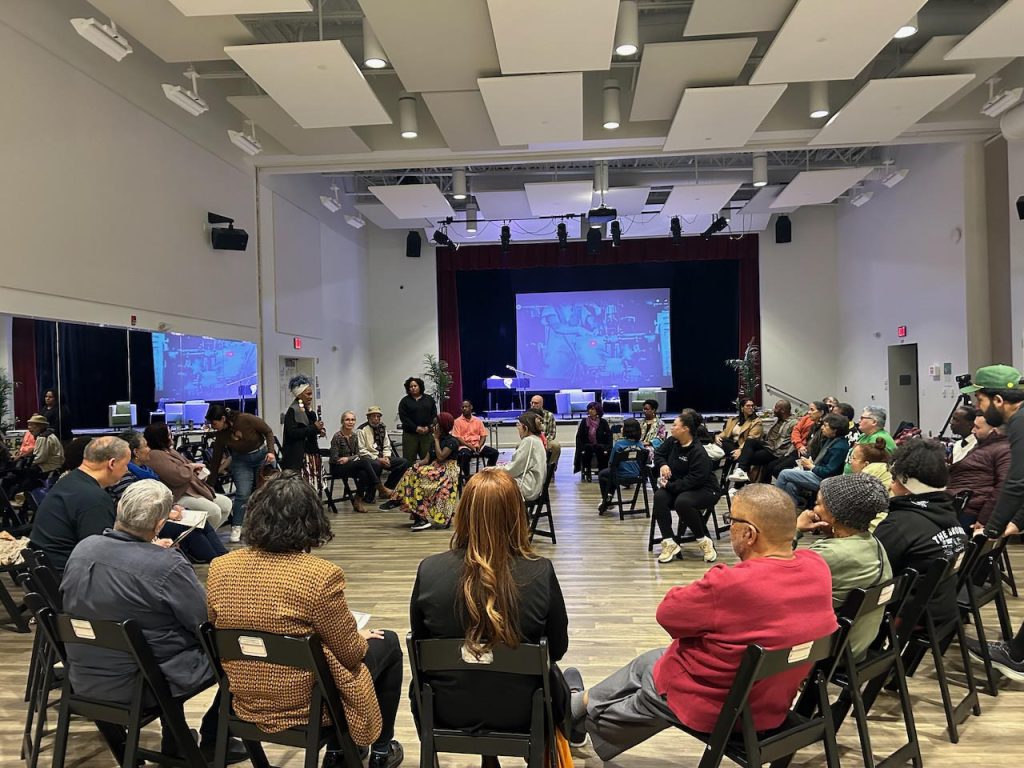
“We must continue processing the trauma of slavery in order to heal it,” Echeverry said. “If we don’t assume that responsibility, we will pass on the hurt to our children.”
Left untreated, PTSS “gets more layers” and may show up as disorders such as addiction, depression, anxiety, and ADHD, Echeverry said. It can shrink one’s self-esteem.
African heritage families can seek free or low-cost help to confront PTSS. Echeverry advised requesting pro bono therapy with an Afro-descendant practitioner at places like the Hispanic Community Counseling Service. The Beck Institute at the University of Pennsylvania may also be of assistance, she said.
Maria Reinat-Pumarejo, founder of Colectivo Ile, and Mariluz Franco-Ortiz, Ph.D., an organizer at the Colectivo, both Puerto Rican women of African descent, co-presented a discussion on anti-racist and decolonial principles. These principles help to repair and end racial trauma.
Reinat-Pumarejo and Franco Ortiz said that when the topic of race arises, some Puerto Ricans say that the island has no racial problem. That response shuts down conversations about racism, the women said. Colectivo Ile, which is 30 years old, offers a range of workshops such as one for community leaders that guides them in encouraging dialogue about Puerto Rico’s African heritage.
Reinat-Pumarejo and Franco-Ortiz cited progress in the fight against racism. They referred to Ley 24 (Law 24), an anti-discrimination measure that the government passed in 2021. They also mentioned that at one time, history books often portrayed enslaved Black people as passive victims. Now, however, some books note Black resistance to slavery, they said.
Likewise, recent textbooks reflect the island’s racial composition more accurately with more images of people of African descent.
“That’s important, because children look at the pictures first,” said Franco-Ortiz, who collaborated on an antiracist guide for teachers called, “Arrancando Mitos de Raiz” ( “Pulling Out Myths by the Roots”).
Franco-Ortiz said that the language in textbooks also shows a shift to recognizing the humanity of Black people once held in bondage.
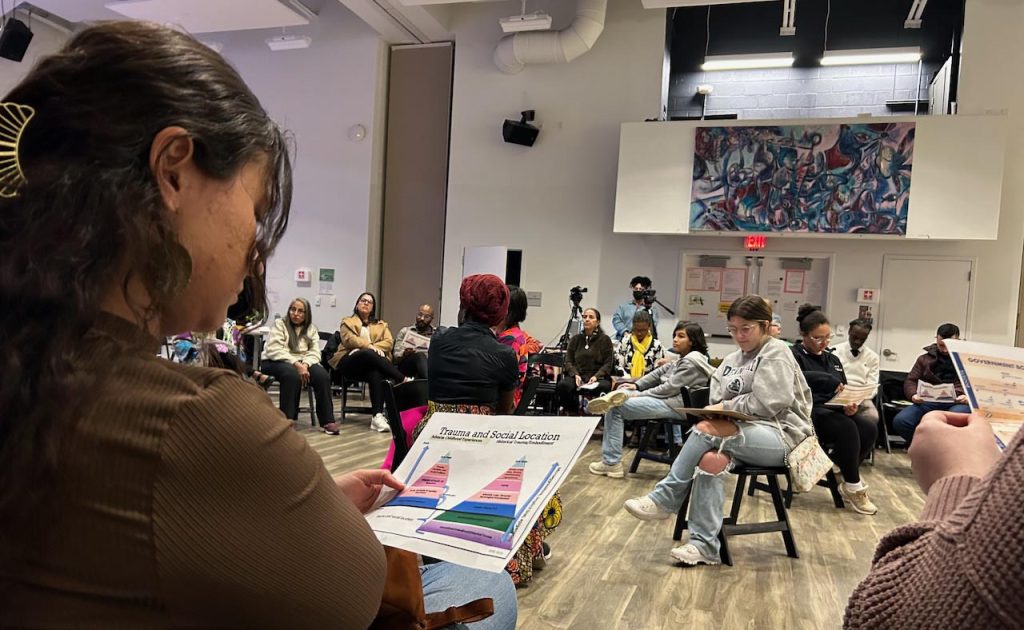
“Instead of referring to ‘slaves,’ many books now say ‘enslaved people,’.’” she said.
In addition, some books now speak of Africa, rather than Spain, as Puerto Rico’s mother country.
One of the afternoon speakers, Yedidiach Ortiz-Gonzalez, a Black Puerto Rican physician who practices emergency medicine at Ponciana Medical Center in Florida, spoke of the effect of racism on the health of African heritage people.
If you’re a Black person in a racist society “you are constantly in a state [of] fear,” Ortiz-Gonzalez said. “Your body produces cortisol, a stress hormone [due to fear].” Over time, elevated cortisol levels can lead to high blood pressure, weight gain, diabetes, and other illnesses.” he said.
Unconscious discrimination by medical professionals can also mean worse care for Black patients, Ortiz-Gonzalez said.
In addition, past mistreatment of Black people by doctors has bred mistrust of the medical system. Ortiz-Gonzalez mentioned the Tuskegee study in the 1930s. White doctors left Black men who had syphilis untreated even after penicillin became available. The also doctors also failed to explain the nature of the study to the men.
Another afternoon presenter was Onaje J. Muid, an adjunct assistant professor at LaGuardia Community College who has a doctorate in social work. He discussed the damage of racism on the self-confidence of people of Afro descendants.
“We begin to doubt ourselves,” he said. “Community healing groups can help address the issue.”
In the opinion of Schomburg Symposium founder Laurent-Perrault, the series has led to critical conversations among Afro-Latinos. The symposiums could also help counter the idea that Latinos of African heritage don’t consider themselves Black, she believes. If Philadelphia’s wider Black community attended the event, the knowledge shared could help bridge a cultural gap and encourage awareness of challenges we have in common.
To learn more about programs at Taller Puertorriquno, visit: please see https://tallerpr.org/.





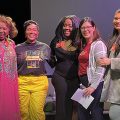
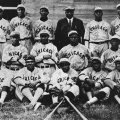
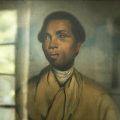









Leave a Comment